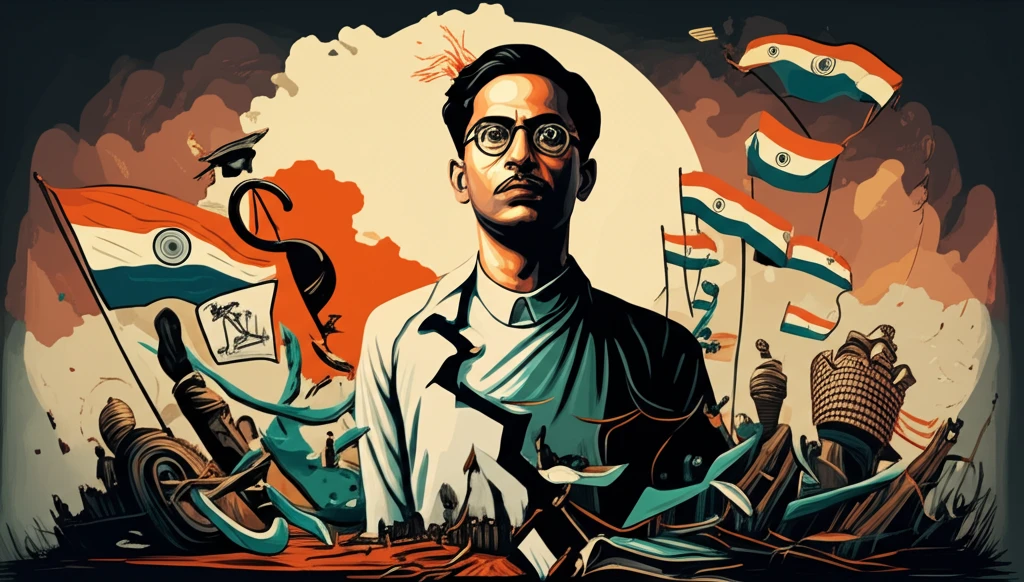
Beyond Politics: Discovering the Untold Legacy of Dr. Syama Prasad Mookerjee
"Uncover the multifaceted contributions of Dr. Mookerjee, from education reform to championing individual rights, and his enduring impact on Indian society and politics."
In the vast landscape of Indian history, certain figures stand out not only for their political involvement but for their profound impact on society. Dr. Syama Prasad Mookerjee is one such individual. While often remembered for his role in politics, Dr. Mookerjee's contributions extend far beyond the realm of government. His dedication to education, his unwavering commitment to individual rights, and his vision for a unified and prosperous India left an indelible mark on the nation.
Dr. Mookerjee's journey began in the sphere of education, where he recognized the transformative power of learning and its ability to shape the future of individuals and society. His efforts to reform the education system reflected his belief in the importance of providing access to quality education for all. However, his path soon led him into the tumultuous world of politics, driven by a desire to address the pressing issues of his time and to advocate for the rights of all citizens.
This article delves into the comprehensive legacy of Dr. Syama Prasad Mookerjee, exploring his multifaceted contributions and shedding light on the values and principles that guided his actions. By examining his work in education, his role in politics, and his vision for India, we gain a deeper understanding of this remarkable figure and his lasting impact on the nation.
From Education to Political Activism

Dr. Mookerjee's foray into politics was sparked by a disagreement with the Congress party's policy to boycott the Legislature in 1938. This pivotal moment led him to resign and successfully run as an independent candidate. From that point forward, he dedicated himself to political activism until his death in 1953. A significant part of his struggle involved opposing the Muslim League in Bengal, particularly their communal approach to education, as seen in the Secondary Education Bill. He believed in protesting the defilement of Hindu images, the molestation of Hindu women, and discrimination in government employment.
- The formation of the Progressive Coalition with the Krishak Praja Party under Fazlul Haq in December 1941.
- Dr. Mookerjee's appointment as Finance Minister in the new coalition cabinet.
- His emergence as a leading voice for the Hindu cause, challenging the communal policies of the previous Haq Ministry.
A Lasting Impact
Dr. Syama Prasad Mookerjee's life was marked by his unwavering commitment to his principles and his tireless efforts to advocate for the rights of all citizens. His contributions to education, his role in shaping post-independence India, and his dedication to preserving the nation's unity continue to inspire generations. While his political journey was often fraught with challenges, his legacy as a champion of individual rights and a visionary leader remains firmly etched in the annals of Indian history.
